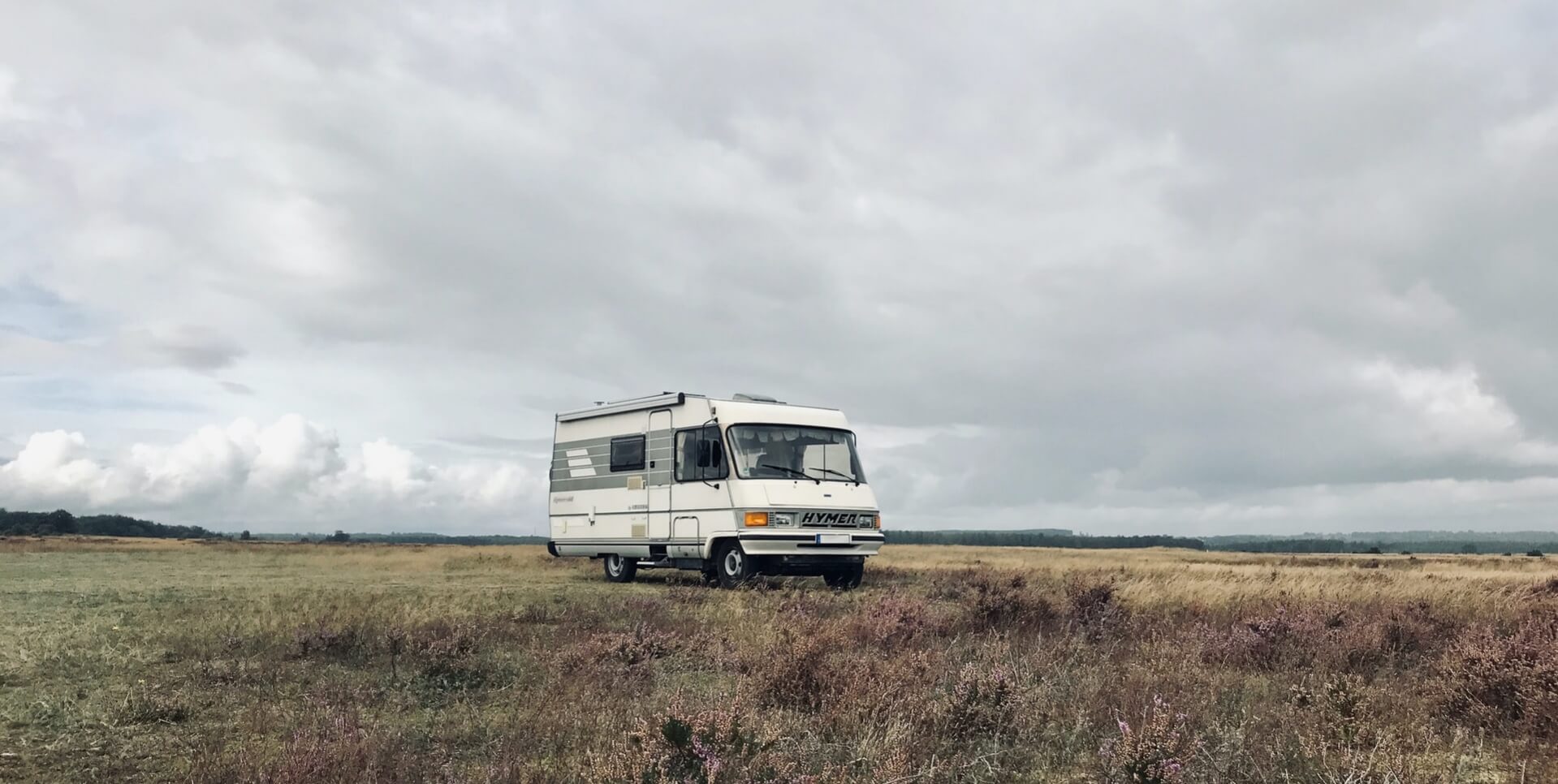
As an Amazon Associate, Modded gets commissions for purchases made through links in this post.
Preparations for an RV road trip look quite different from that of the standard minivan. You have to exercise some caution and consider every possibility when operating such large vehicles. Here are five points to keep in mind while planning your RV trip.
1. Get the Right RV
RVs come in many shapes and sizes to accommodate all kinds of activities. You must buy or rent the proper one for your desired trip. These are the primary types of RVs and their specialties:
- Class A: The largest RVs are great for long-distance trips but don’t have as much living space as other options.
- Class B: These van-sized motorhomes can comfortably hold three people.
- Class C: Larger than Class B but smaller than Class A, these RVs make the most of their space and are relatively easy to drive, making them an excellent choice for road trips.
- Fifth wheel: These RVs have the spacing of Class Cs but the convenience of being detachable trailers.
- Truck camper: These have similar spacing to Class B, except truck campers aren’t their own vehicles. They are separate units that you attach to the back of large trucks.
- Travel trailer: Usually the cheapest option, these trailers have enough sleeping space for large families but sometimes lack other amenities as a result.
- Camper van: These large vans are great for solos and couples but don’t have enough space for families.
With so many options to choose from, you must clearly understand where you will take your RV before purchasing it. Ask yourself the following questions:
- Why will you use the RV?
- How many people will use it?
- Where will you go?
- When will you use it?
- What is your lifestyle?
These pressing questions will guide you to the perfect RV with all the necessary utilities, which in turn will help you determine a more accurate cost estimate for your vehicle.
2. Know Your Environment
It’s vital to make the right preparations for your climate’s weather conditions and any survival situation that might occur. RVs are unsafe to handle in heavy precipitation. Harsh weather can also make some parking areas or campsites inaccessible and force you to find another place to stay. These situations can cause significant delays to your schedule.
Knowing your environment will help you pack the necessary clothing and emergency supplies. You should also bring some extra gas with you in case you can’t get to a station in time.

3. Map Your Route
You must map out your route and identify places where you can stop to ensure a constant stream of fuel, food and supplies. Focus your search on these locations:
- Rest stops
- Gas stations with easy access to and from highways
- Shopping centers with spacious parking lots
Driving an RV is slower and requires more focus. Most experienced drivers avoid doing 300 miles in one day and stop their progress well before sunset. For those reasons, stops are more frequent and thus more essential.
Knowing where and when to stop on a long-distance trip will save you a lot of stress on the road. Checkpoints have a strange way of making the journey feel more manageable. For example, rather than thinking of your trip as 12 hours, you can split it up into three four-hour segments with extended rests in between. You can also adjust your estimated time of arrival with every stop.
4. Choose Your Campsites Wisely
While checkpoints play a crucial role, your campsites are ultimately the most important parts of your journey. First of all, they must be able to accommodate your RV type. Some places only fit Class Bs or smaller. You might also have to acquire tickets or permits for an overnight stay.
Additionally, you should look for campsites with utilities such as electric hookups, showering areas and dump stations. These features will make your overnight experience more comfortable.
On a less serious note, your campsites should also provide some scenic views and fun activities, such as playgrounds and walking trails. Don’t be afraid to spend more on these features because the little things often become the trip’s highlights.
5. Book Your Trip Far in Advance
You must lay your trip’s foundations far in advance. Book all your campsites at least three months beforehand, and begin stocking your supplies right away. Err on the side of caution and overestimate your ETAs as you map out the best route. Give every task some time to spare, and you will never feel overwhelmed while planning the trip.
Timely Preparation Is Key
As you might have noticed, each of the five points revolves around timely preparation. Everything requires timeliness and thoroughness. You will set your RV trip up for success by focusing on those two qualities.






